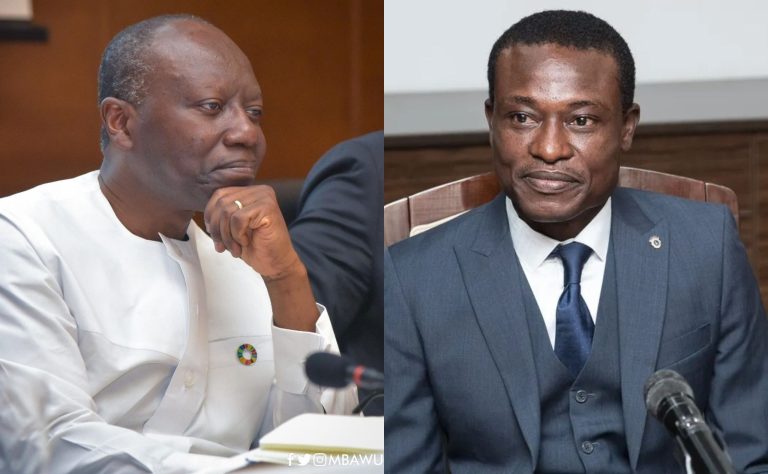In a sweeping and contentious decision, President Donald Trump’s administration has suspended all new student visa interviews at U.S. embassies and consulates worldwide, effective May 27, 2025, as part of an effort to expand social media vetting for applicants.
This policy, combined with actions like the attempted revocation of Harvard University’s ability to enroll international students and the termination of federal aid to foreign nations, marks a significant shift in U.S. policy.
These moves raise profound questions about America’s commitment to globalization, its role as a global leader, and the potential for international retaliation. This article examines the consequences of these policies for the United States, their implications for the interconnected “global village,” and the likely responses from other nations.
Globalization, the intricate web of trade, culture, and education that binds nations together, has long defined modern international relations.
The United States has historically been a beacon of this interconnectedness, drawing over 1.1 million international students each year who contribute roughly $44billion to the economy and sustain more than 378,000jobs, according to the Institute of International Education. These students, particularly in STEM fields, drive innovation and bolster
U.S. competitiveness on the global stage.
Yet, the Trump administration’s recent actions—halting student visa interviews, intensifying scrutiny of social media for perceived anti-Semitic or pro-terrorist content, and targeting universities like Harvard for their alleged liberal biases—signal
a retreat from this global framework.
The decision to cut foreign aid, a cornerstone of U.S. soft power, further distances America from its international partners.
These policies prompt a critical question: Does President Trump believe in globalization, or is his administration prioritizing
isolationism under the pretext of national security?
The suspension of student visa interviews and the imposition of stricter vetting carry significant consequences for the United States, both economically and geopolitically.
International students are a vital economic engine, injecting billions into universities and local economies.
A prolonged halt or heightened barriers could deter students from choosing U.S. institutions, leading to a decline in
enrollment and revenue, particularly for public universities reliant on full-tuition-paying international students.
This could strain university budgets and reduce funding for research and development, where international students play a pivotal role. Beyond economics, the U.S. risks losing its edge in innovation. Foreign-born students make up one in five STEM workers in the U.S., addressing a domestic shortage of graduates in these critical fields, as noted by the National Science Foundation. By restricting access, the U.S. may drive talent to competitors like Canada, Australia, or China, which are actively welcoming international students.
The damage extends to America’s global reputation. Long viewed as a welcoming destination for education and opportunity, the U.S. has cultivated an image as a global “big brother.”
However, the visa halt, coupled with actions against elite universities like Harvard for their perceived failure to combat antisemitism, risks portraying the U.S. as hostile or unreliable. International students and their home countries may turn to alternatives, diminishing America’s soft power and influence in academic and cultural spheres. Domestically, these policies have sparked legal and political backlash.
A federal judge temporarily blocked the attempt to revoke Harvard’s ability to enroll international students, and over 100 lawsuits from affected students forced the administration to restore thousands of visa registrations in April 2025. These legal battles underscore the contentious nature of the policies and could further polarize opinion, alienating universities and advocacy groups whoargue that the measures infringe on free speech and academic freedom.
The halt on student visas and the reduction of foreign aid could provoke retaliatory measures from other nations, undermining the spirit of the global village. Countries like China, which has publicly urged the U.S. to protect its students’ rights, may impose reciprocal restrictions on American students or professionals seeking to study or work abroad, disrupting educational and professional exchanges.
Nations that send large numbers of students to the U.S., such as India and China, may redirect their talent to countries with more welcoming policies, like Canada or Australia, which have already seen increased interest due to U.S. restrictions during Trump’s first term.
The decision to cut foreign aid could further strain diplomatic relations with nations reliant on U.S. support, particularly in Africa, Asia, and Latin America. These countries may reduce cooperation on critical issues like trade, security, or climate change, viewing the U.S. as an unreliable partner.
The European Union, which has criticized Trump’s policies as undermining global cooperation, has hinted at potential countermeasures, signaling broader diplomatic friction.
President Trump’s actions suggest a deep skepticism of globalization as traditionally understood.
His “America First ” agenda prioritizes national security and economic protectionism over international collaboration. The student visa halt and the revocation of foreign aid align with a pattern of policies—such as trade tariffs and immigration crackdowns—that favor unilateralism over interdependence. While Trump has expressed support for retaining talent, such as proposing green cards for foreign graduates during his campaign, his administration’s actions create barriers for the very students he claimed to value. This approach challenges the concept of the global village, where nations rely on mutual cooperation. By targeting international students and cutting aid, Trump appears to prioritize short-term political goals—appealing to his base by cracking down on immigration and perceived liberal institutions—over long-term global engagement.
Other nations are already responding to these policies. China has called for the protection of its students’ rights, signaling potential diplomatic tensions. Countries like Canada and Australia are likely to position themselves as stable, welcoming destinations for international students, capitalizing on America’s restrictive stance. The European Union’s mention of countermeasures suggests a broader pushback against U.S. unilateralism, which could manifest in trade disputes or reduced cooperation on global issues. For the U.S., the path forward requires balancing national security with the benefits of global engagement. Restoring student visa processing with clear, transparent guidelines could mitigate economic and reputational damage. Reinstating foreign aid, even selectively, could rebuild trust with allies. However, the administration’s current trajectory suggests a continued emphasis on isolationist policies, which may further strain America’s role as a global leader.
In conclusion, President Trump’s suspension of student visa applications and the reduction of foreign aid represent a significant departure from the principles of globalization that have shaped U.S. policy for decades. The consequences — economic losses, diminished innovation, and a tarnished global reputation—could weaken America’s standing as a global leader. Other nations are likely to respond with reciprocal restrictions, redirected educational alliances, or diplomatic pushback, challenging the notion of a global village.
While the administration frames these measures as necessary for national security, they risk alienating talent and allies at a time when global cooperation is critical. The world is watching, and the United States must decide whether it will lead or retreat in an increasingly interconnected world.
Writer’s email: [email protected]








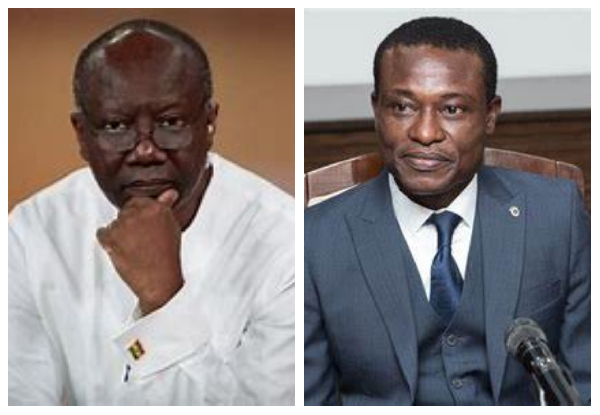
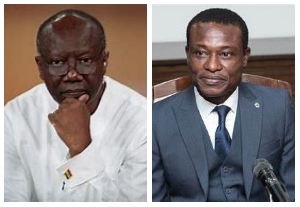



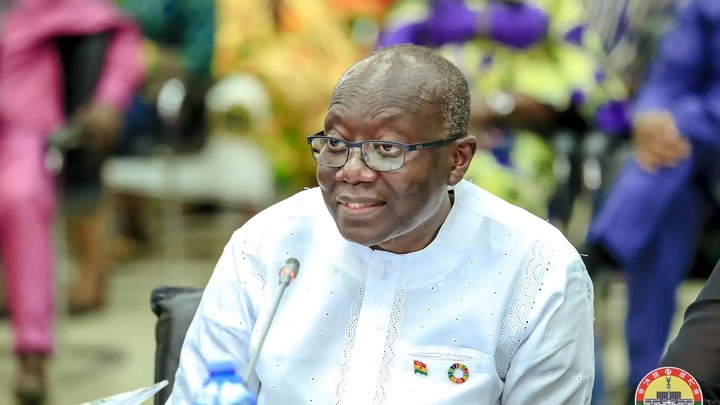

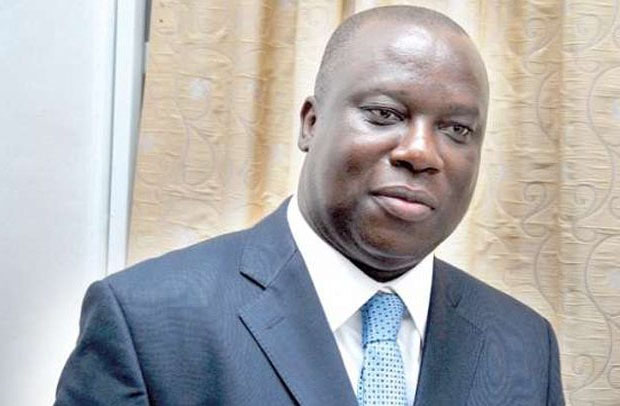









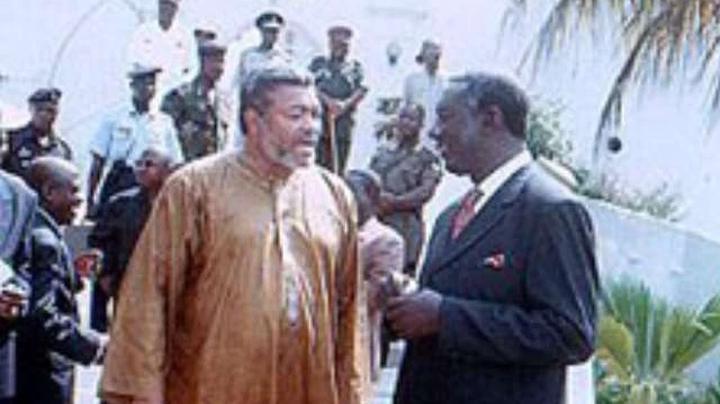
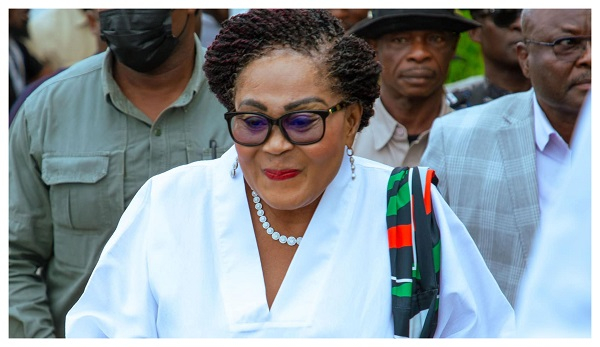







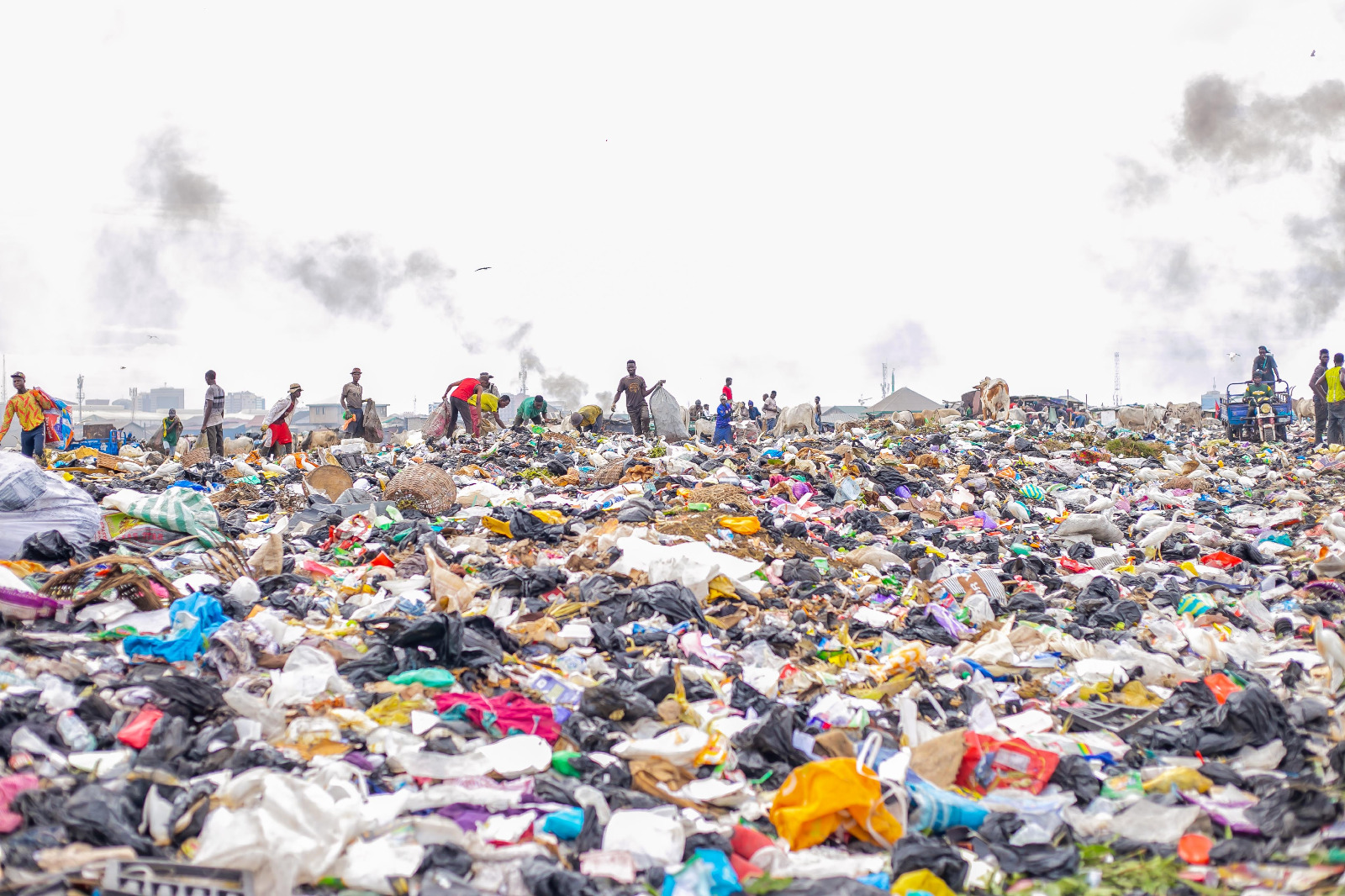








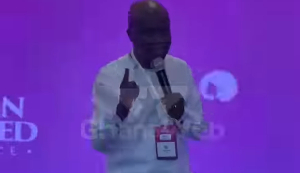















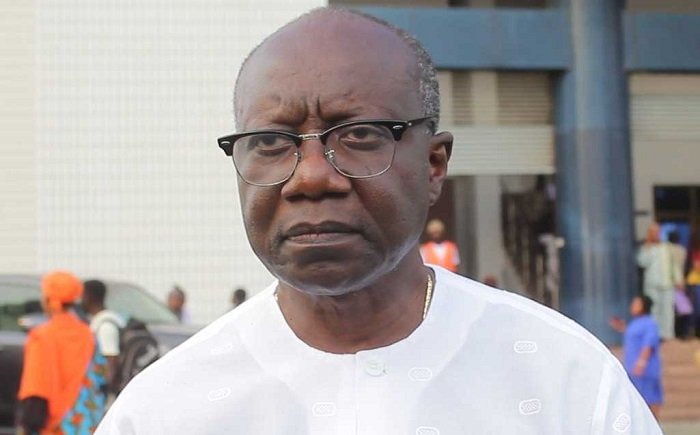
![559 arrested, 2 dead as PSG fans clash with police after Champions League win [Video] 559 arrested, 2 dead as PSG fans clash with police after Champions League win [Video]](https://www.ghanamma.com/wp-content/uploads/2025/06/dd4996e6-98b0-4c6a-8a4c-c8195e9fe5ac-768x475.jpg)
)
)
)
)
)







